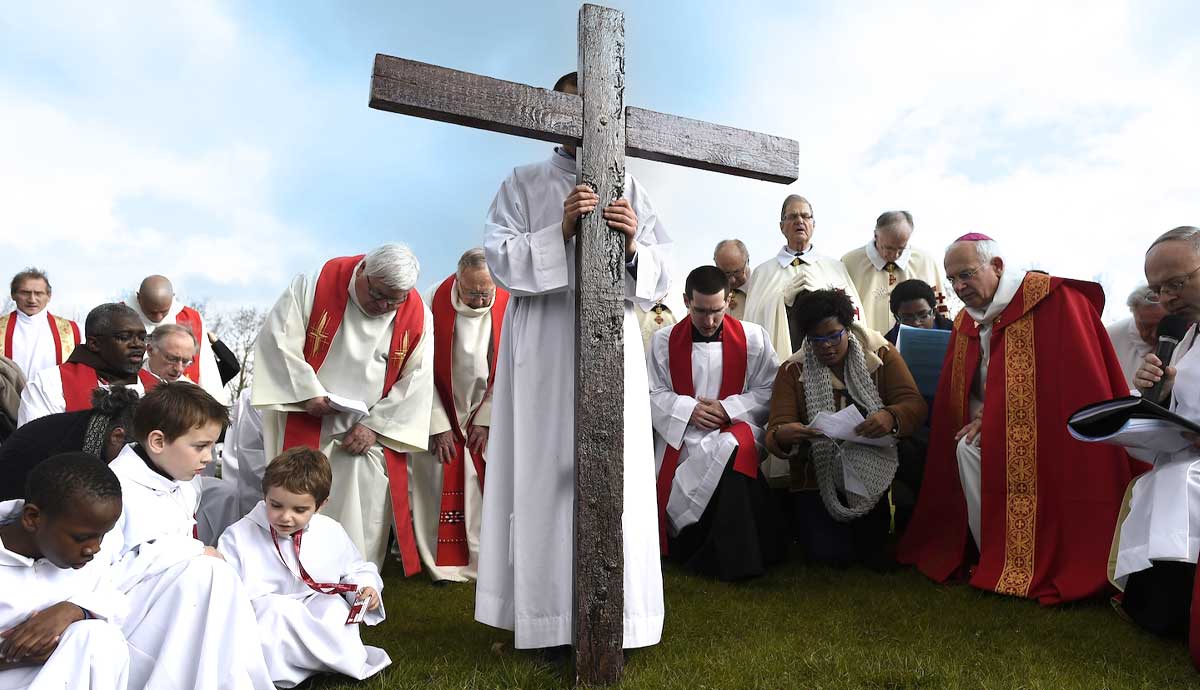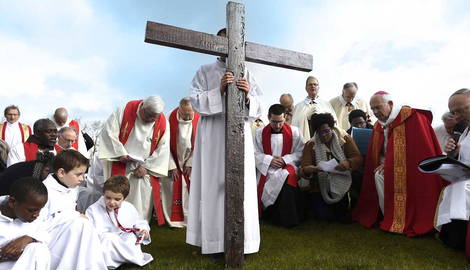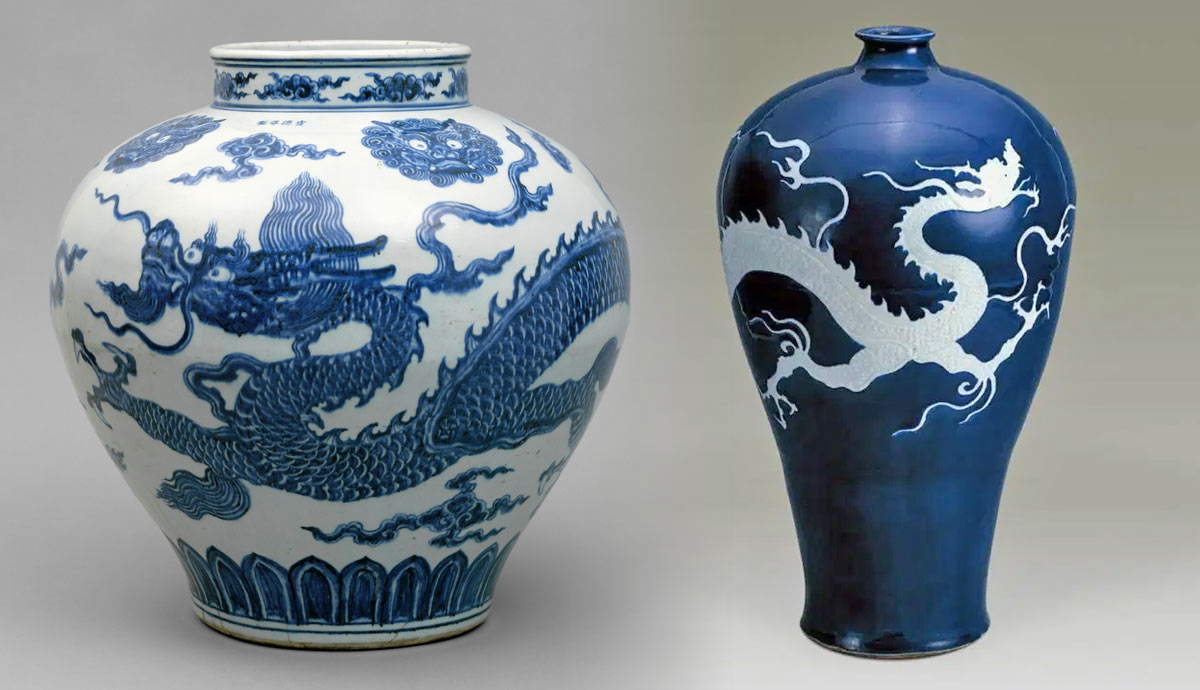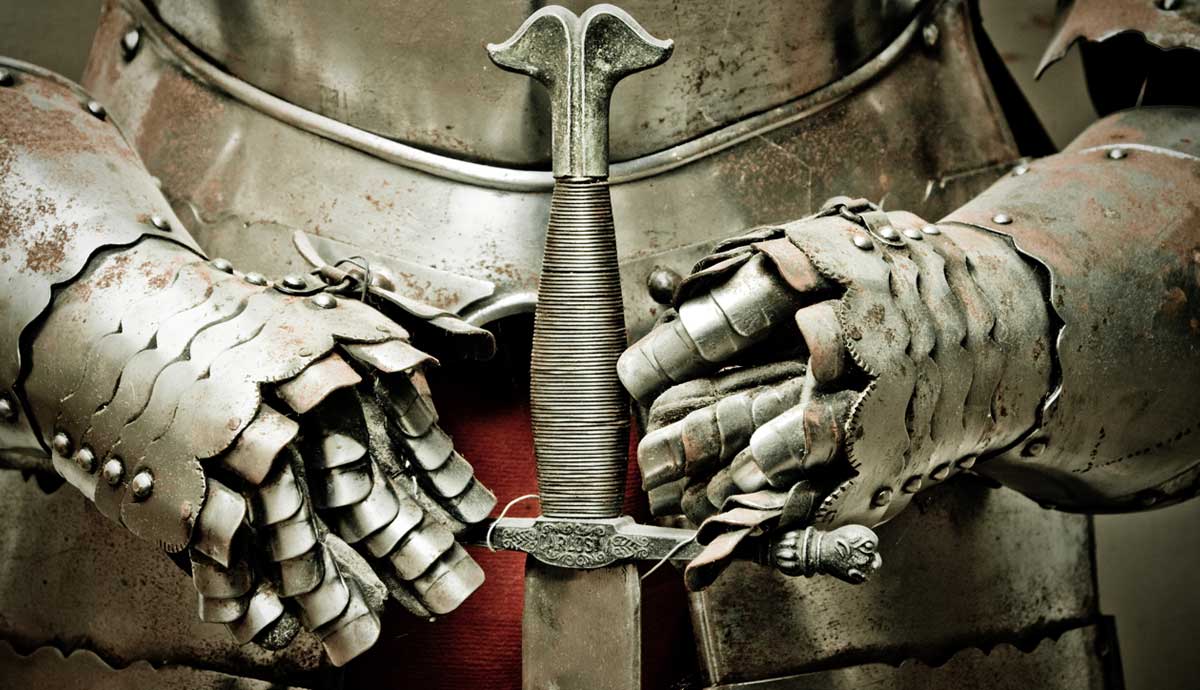
Easter Sunday is celebrated at various times by various Christian religions, and has been a subject of serious contention throughout Christian history. Computus (Latin for “computation”) is the term for the process by which the date for Easter celebrations is calculated. Easter Sunday is the first Sunday after the first Paschal full moon following the March equinox (usually occurring around March 21), in accordance with the Gregorian calendar. Roman Catholics and Protestants typically determine Easter through the Gregorian calendar, while the Eastern Orthodox church determines Easter through the Julian calendar.
When Christians Began Celebrating Easter

Christians probably celebrated Easter not long after the Ascension of Jesus Christ into heaven forty days after His resurrection. By the Apostle Paul’s time, religious services of some sort were held on Sunday out of reverence for Christ. The Bishop Melito of Sardis, who lived in the early second century, mentions the celebration of Easter (called Pascha in Latin) in a homily. By the end of the second century, Easter celebrations were already a core part of church life.
Controversy in the Early Church

The controversy over the dating of Easter in the early church was whether or not to follow the Jewish calendar, and celebrate the death of Christ on the actual day of Passover, no matter what day of the week it fell upon. Quartodecimanism is the name given to this position. Presently, it is unknown as to what the early church practiced, and it may have varied from region to region.
Polycarp of Smyrna, who may have been a direct disciple of the Apostle John, claimed that the correct celebration was according to the day of Passover and shows that the controversy was occurring in the church within a generation of the Apostles. Other church leaders believed they were following the example set by Peter and Paul out of Rome to celebrate Easter on a Sunday. Eusebius records that there were several local synods as well that considered the matter in the 200s. However, by 325, it appears that the matter over quartodecimianism was settled.
Easter in the Julian and Gregorian Calendars

The Julian Calendar was first adopted in 46 BC, as instituted by the great Roman leader Julius Caesar, and it includes leap years. However, it does not compute in other factors regarding partial days, and has “lost” some days since it was instituted. This calendar runs 13 days behind the modern Gregorian calendar, which has been in use since the 1500s by most countries along with the Roman Catholic and Protestant churches of today.
In the Gregorian calendar Easter occurs on the first Sunday after the first ecclesiastical full moon, which is on, or after March 21st. However, much of the Eastern Orthodox Church (and related churches) continues to use the old Julian calendar for various reasons, and operates a slightly different church calendar that results in different days for Christmas, Easter, and various other religious holidays.
Easter and Paganism

While both the terms “Eostre” and “Ishtar” have been associated with the modern Christian celebration of “Easter,” little evidence persists that attach the practices of these pagan rituals to Christianity, or indeed that Christians may have assimilated some of their earlier practices.
In the Reckoning of Time, written in the 600s by the Venerable Bede, the author makes a brief reference suggesting Christians adopted and amended the pagan festival of Eostre, an Anglo-Saxon celebration dedicated to Eostre or Ostara, the goddess of Spring. However, his is the only reference linking the two religious festivals in all of antiquity.
Meanwhile, the festival celebration of Ishtar, a pagan goddess associated with eggs and fertility, is even less likely to have historical connections to Easter, having only a small mention in the Epic of Gilgamesh, even if her association with eggs has been likened to the Easter eggs of today. All this means while the actual term Eostre may have eventually evolved into the modern word for Easter, the feasting and remembrance of the death, burial, and resurrection of Jesus Christ appear to have come completely out of the early Christian church.










